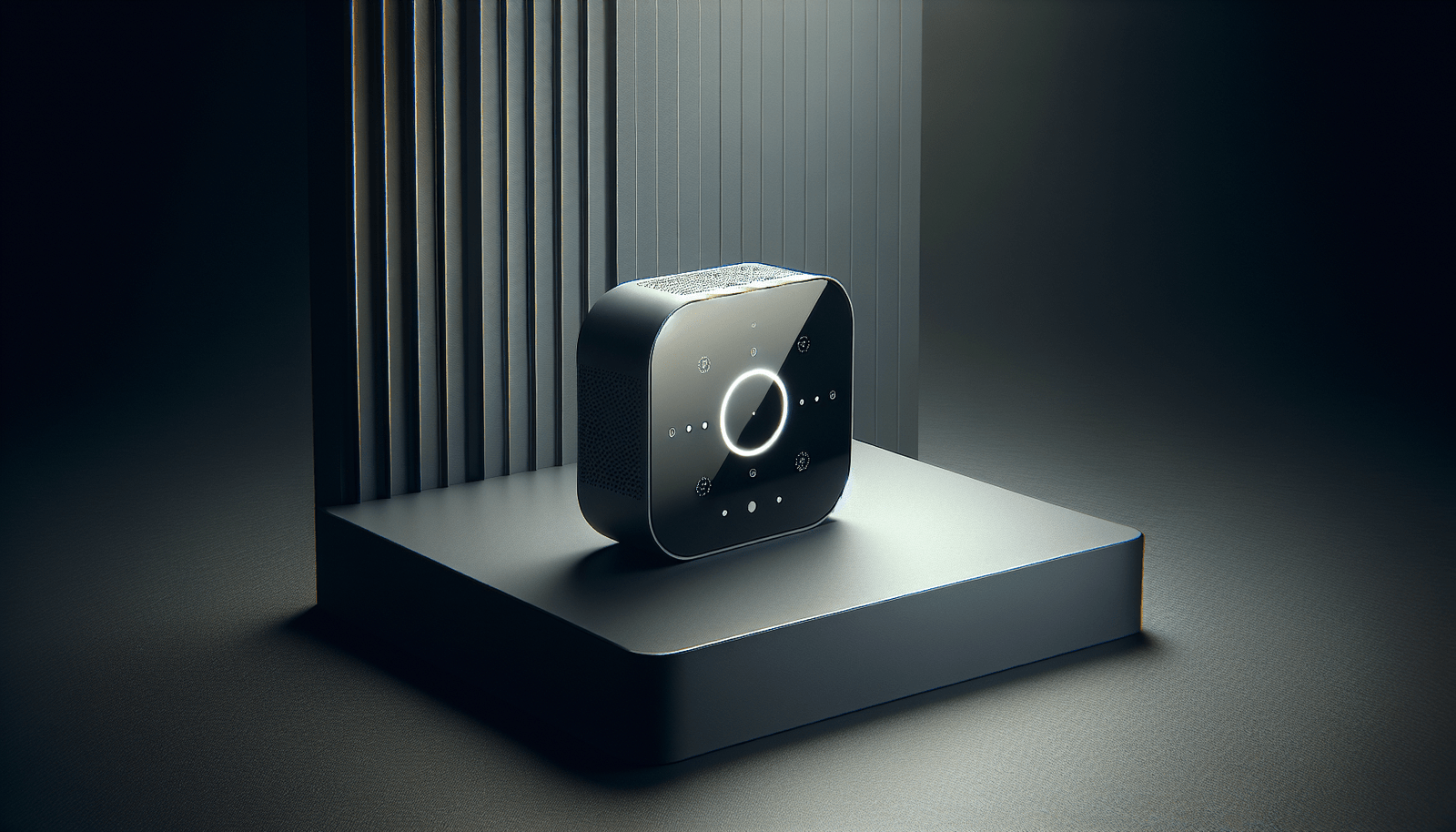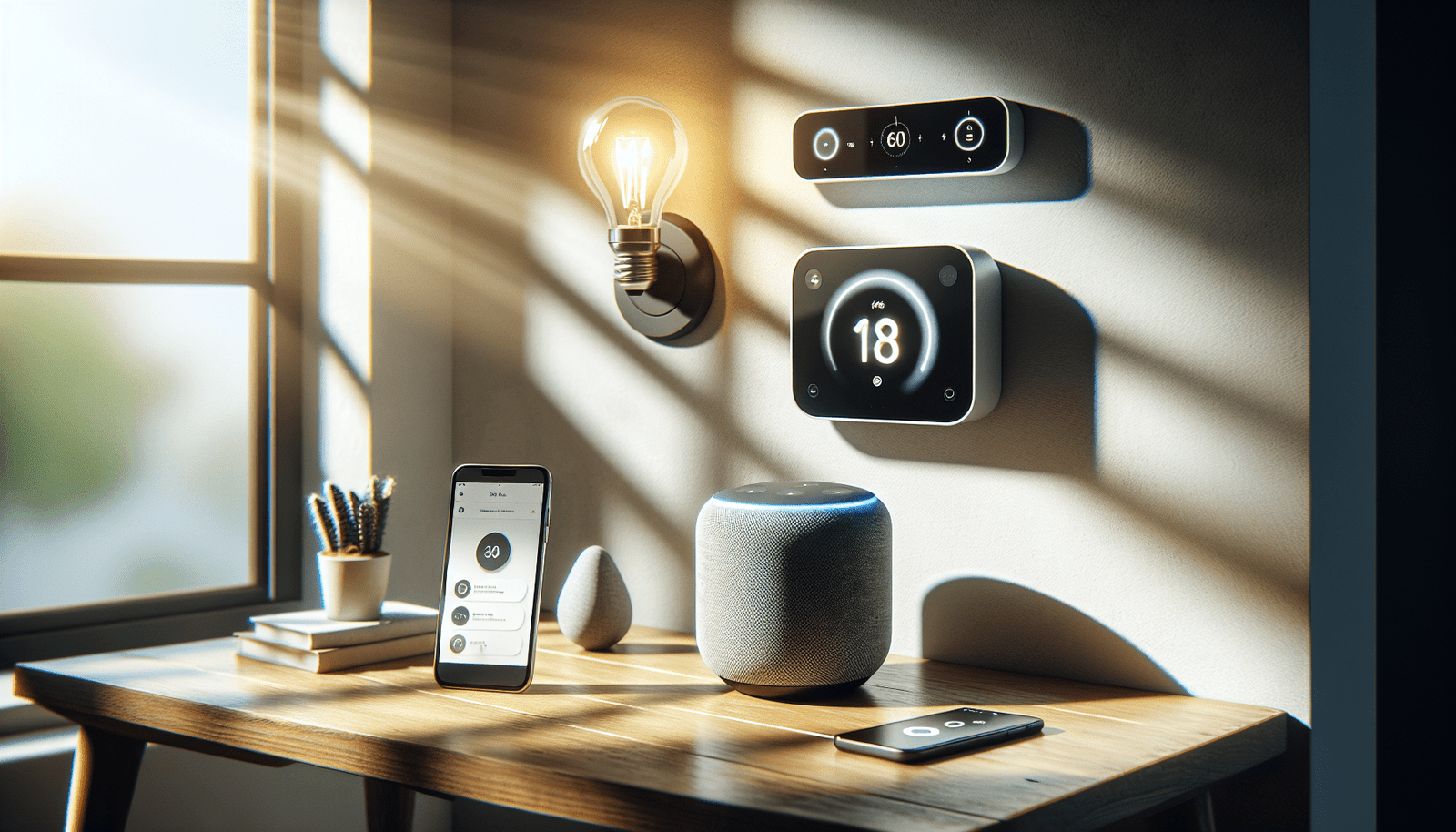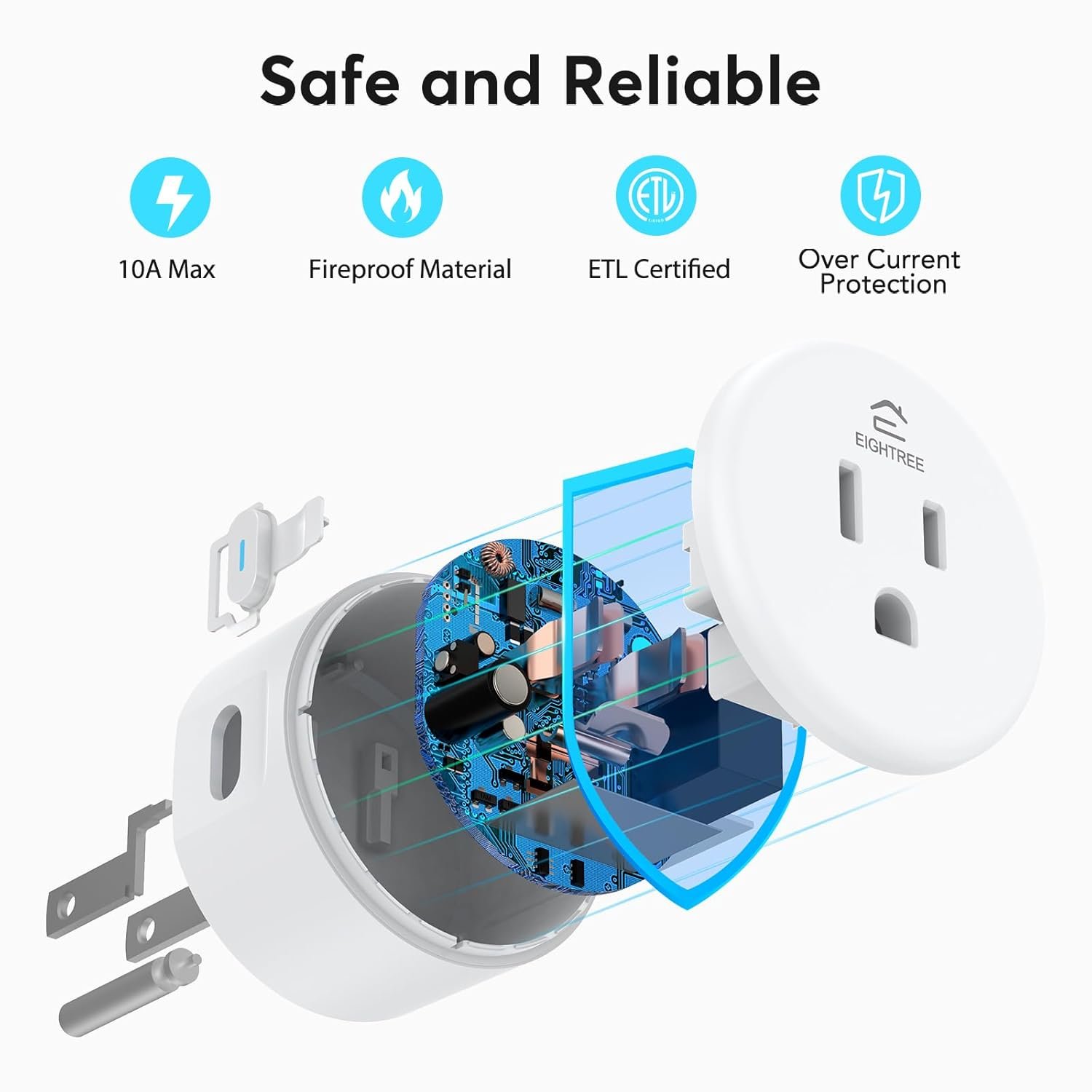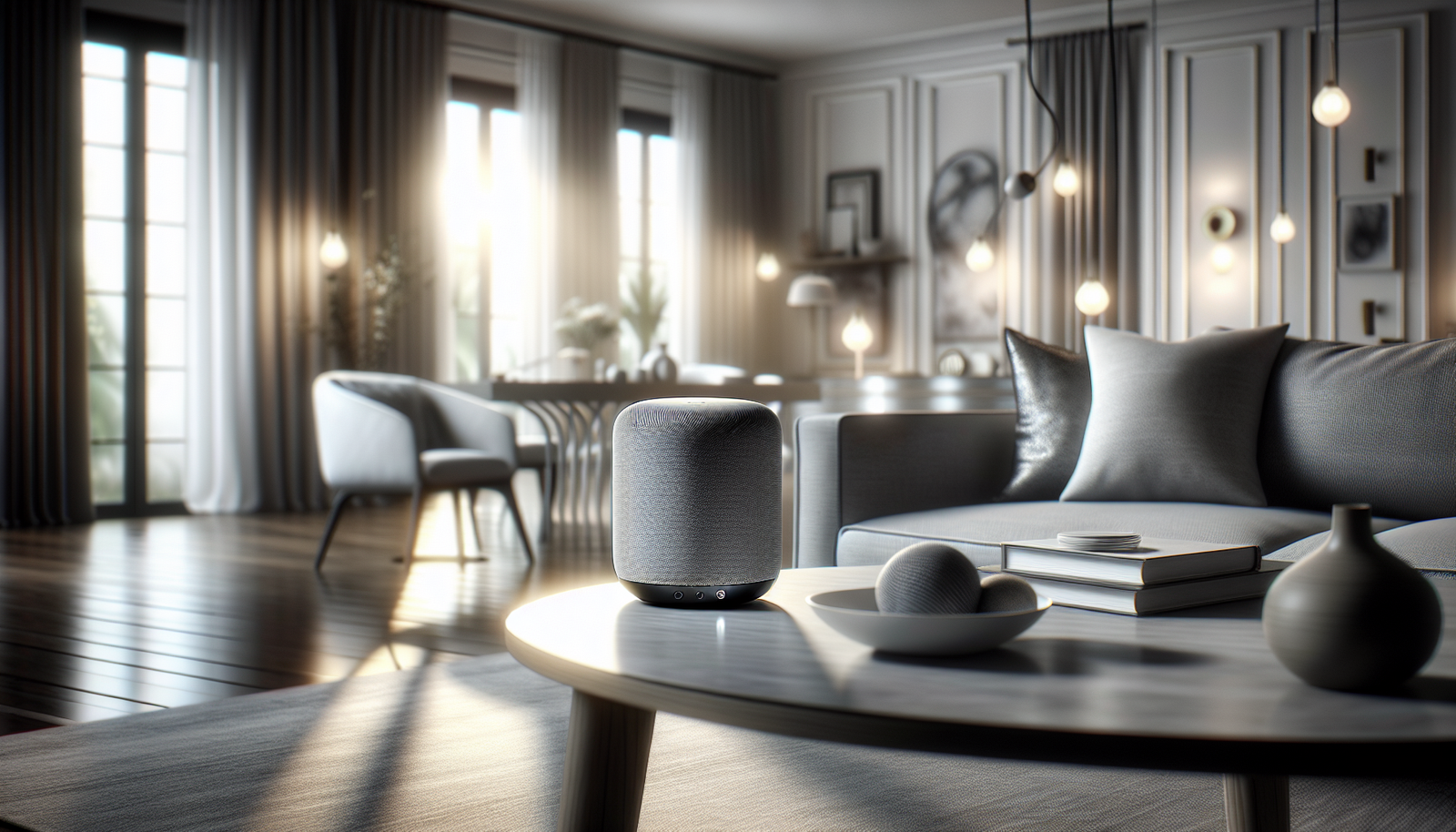Have you ever wondered how you can make your home smarter while enjoying a more connected and efficient living experience? With the rapid growth of smart technology, integrating various devices into a cohesive smart home ecosystem has become more accessible and practical. The key to a seamless smart home setup is a reliable smart home hub, acting as the central command center that allows your devices to communicate and work together effortlessly.
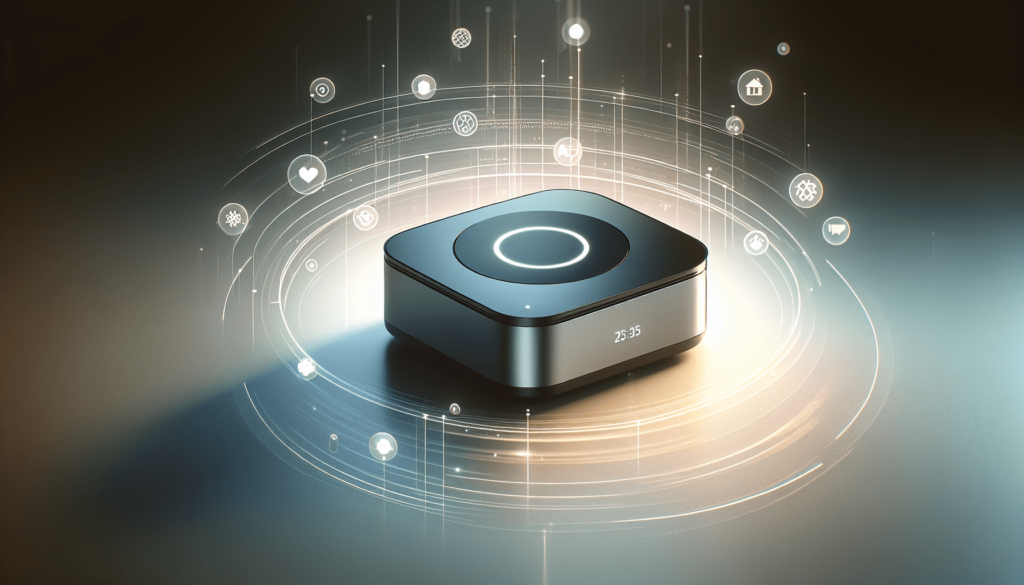
What is a Smart Home Hub?
A smart home hub is a device that connects and controls multiple smart home devices, such as lights, thermostats, cameras, and more. It serves as a bridge to unify disparate technologies, allowing them to communicate with each other even if they are made by different manufacturers. With a smart home hub, you can create automation routines, manage devices remotely, and simplify your interaction with your home’s technology.
Understanding Smart Home Devices
Smart home devices are gadgets and appliances connected to your home network and controlled via apps, voice commands, or automation routines. From lighting and entertainment systems to security cameras and kitchen appliances, these devices are designed to make life more convenient and efficient.
How Smart Hubs Work
Smart hubs connect to your home’s Wi-Fi network and use various communication protocols such as Zigbee, Z-Wave, or Bluetooth to communicate with connected devices. They enable the configuration of complex automation, such as turning on the lights when you arrive home or adjusting the thermostat based on your schedule.
Key Benefits of Smart Home Hubs
Implementing smart home hubs comes with numerous advantages, making your residential life more efficient and convenient.
Ease of Use
Smart hubs simplify operating multiple smart devices through a single app or interface. This convenience ensures you don’t need to toggle between different apps to control your devices.
Centralized Control
A smart hub lets you manage all your smart home devices from one unified interface, eliminating the hassle of controlling each device independently.
Enhanced Automation
Smart hubs allow you to create complex automation scenarios that enhance the efficiency of your smart home. Set your lights to dim automatically in the evening, have your coffee machine start brewing in the morning, or lock your doors when you leave home.
Increased Compatibility
While many smart devices come with their dedicated apps, not all apps can interact with each other or might not work with your preferred platform. A smart hub resolves such compatibility issues, as it supports multiple communication protocols.
Popular Smart Home Hubs to Consider
Choosing the right smart home hub can significantly impact your home’s efficiency and comfort. Here are some of the best smart home hubs to consider for effortless automation.
Samsung SmartThings Hub
Samsung SmartThings Hub is one of the most popular choices thanks to its broad compatibility and user-friendly interface. It supports a range of protocols including Zigbee, Z-Wave, and Wi-Fi, allowing you to consolidate different devices across platforms.
Amazon Echo Plus
Amazon Echo Plus is more than just a smart speaker. It features a Zigbee hub integrated, enabling you to connect to various smart devices without additional connectivity hardware. Its voice control feature with Alexa makes it a favored choice for those prioritizing ease of use.
Google Nest Hub
Google Nest Hub offers seamless integration with Google Assistant. It features an intuitive touchscreen, enabling you to control compatible devices easily. Its smart display also provides information throughout the day, including weather updates and your calendar.
Apple HomePod Mini
For Apple enthusiasts, the HomePod Mini is a great option. It acts as a HomeKit hub, integrating seamlessly into an Apple ecosystem. Its Siri-powered voice control allows hands-free management of smart home tasks.
Wink Hub 2
Wink Hub 2 is known for its wide range of compatibility with smart devices and protocols such as Zigbee and Z-Wave. It’s especially appreciated for its simple app, which offers straightforward setup and automation capabilities.
Smart Home Hubs: Cost and Value Considerations
Selecting the right smart home hub involves analyzing the upfront and installation costs, assessing long-term savings, and how the hub adds value to your home.
Initial Costs
The prices for smart home hubs can range widely depending on features, brand, and technology support. A basic model can cost around $50, while advanced hubs may reach $150 or more.
Installation and Setup
Most hubs are designed for easy setup, usually involving connecting to Wi-Fi, installing a mobile app, and adding compatible smart devices. Some hubs offer professional installation services, often included in the purchase price.
Long-Term Savings
Smart home hubs can potentially reduce energy usage, which translates to savings on utility bills. Automated lighting controls and smart thermostats are prime examples of this, as they optimize energy use based on occupancy and time of day.
Return on Investment
Investing in a smart home hub can increase the value of your property for resale potential. Smart homes attract buyers who value convenience and modern living, potentially leading to a higher selling price.
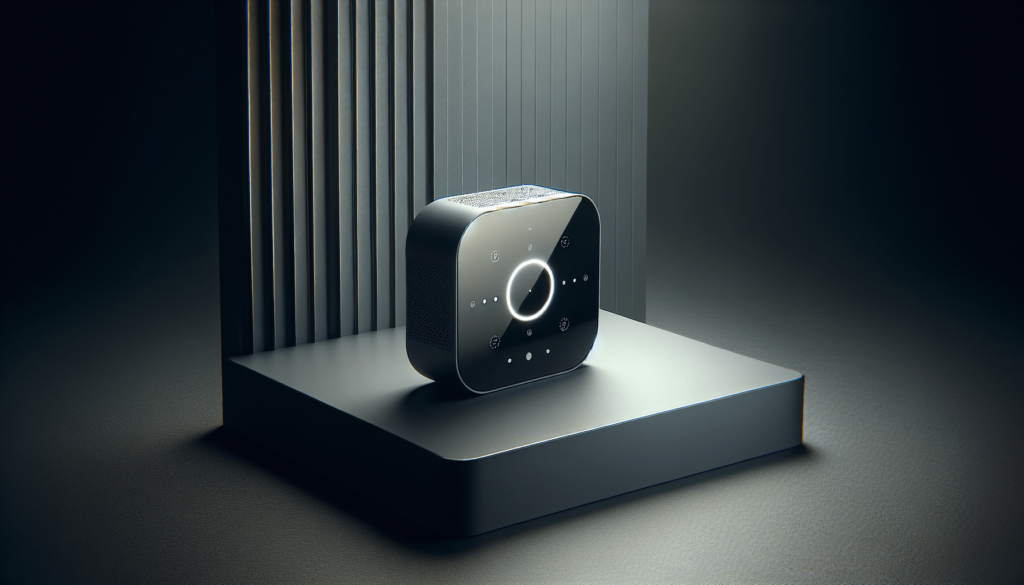
Comparing Smart Home Hubs: Making the Right Choice
Consider these factors when comparing smart home hubs to ensure your investment aligns with your needs and preferences.
Protocols and Connectivity
Evaluate which protocols the hub supports. The more protocols a hub recognizes, the more versatile it becomes in connecting a wide range of devices.
| Protocols | Details |
|---|---|
| Zigbee | Low power, reliable mesh network |
| Z-Wave | Long range, low-interference technology |
| Bluetooth | Short-range, easy connection |
Device Compatibility
Examine the compatibility of the hub with your existing devices or those you plan to add. A hub that supports a wide variety of brands and devices will offer greater flexibility.
Automation Capabilities
Evaluate automation features the hub offers, such as scene creation, remote access, and complex routines. Advanced automation can greatly enhance the livability and efficiency of your home.
Smart Assistant Integration
Look at how the hub integrates with popular virtual assistants like Alexa, Google Assistant, or Siri. Seamless integration ensures more comfortable voice command operations.
Practical Setup and Integration Tips
Ensuring a smooth setup process maximizes the efficiency of integrating a smart home hub into your residence.
Step-by-Step Installation
- Set Up the Hub: Position the hub centrally in your home to improve network reach and device communication. Follow the manufacturer’s instructions to connect it to your home Wi-Fi.
- Install the App: Download the corresponding app on your smartphone for managing and pairing your devices.
- Add Devices: Use the app to search for and connect compatible devices, ensuring they’re in pairing mode when attempting to add them.
- Create Automation: Once all devices are connected, create automation rules such as schedules, scenes, and triggers.
Troubleshooting Common Issues
Issues such as difficulty in finding devices, connectivity problems, or an unresponsive system can arise. Regularly updating both app and hub firmware, ensuring devices are within range, and consulting user forums can address many common issues.
Security and Privacy: What You Need to Know
The introduction of smart home technology must accompany diligence in maintaining security and protecting your privacy.
Potential Risks
Smart home devices can be vulnerable to hacking, potentially exposing sensitive personal information. Unauthorized access to devices like cameras or smart locks could compromise home security.
Best Practices
- Secure Wi-Fi Network: Use a strong, unique password and enable encryption on your home network.
- Two-Factor Authentication: Enable two-factor authentication on accounts managing your smart home devices.
- Regular Updates: Keep your apps and devices current with the latest software updates and patches.
- Guest Networks: For added security, enable a guest network for visitors’ devices to keep them isolated from your main network.
Energy Efficiency and Sustainability with Smart Home
Smart home devices contribute significantly to more sustainable living by reducing energy consumption through automation and efficient operation.
Lowering Your Carbon Footprint
With smart thermostats, lighting, and energy-monitoring tools, you can track and adjust energy use based on real-time data, ultimately reducing your home’s energy consumption and associated carbon output.
Sustainable Living Practices
Embrace practices like automated lighting schedules, minimal energy settings, and using smart sensors to reduce unnecessary device usage. This responsible usage pattern results not only in energy savings but also a reduced environmental impact.
Future Trends in Smart Home Technology
The field of smart home technology is ever-evolving, with future trends promising even greater integration and efficiency.
Advances in AI and Machine Learning
AI and machine learning are improving the capacity of smart home systems to learn user preferences and adjust systems automatically, enhancing convenience and personalization.
Expanded Device Ecosystems
Manufacturers are increasingly releasing new smart devices, ranging from advanced sensors to intuitive control panels, thus broadening the potential for integrated home automation systems.
Enhanced Security Features
Improvements in security protocols and additional privacy features, such as biometric verification and advanced encryption, are being developed to ensure a secure smart home environment.
Is a Smart Home Hub Right for You?
Determining if a smart home hub aligns with your needs involves weighing several considerations, including budget, technical comfort level, and the complexity of your desired home setup.
Alignments with Your Lifestyle
Reflect on whether smart technology naturally integrates into your daily routines, or if it would add unnecessary complexity. For tech enthusiasts, smart hubs offer an opportunity to explore innovation and technology.
Budget Considerations
Evaluate your financial capacity for both the initial investment and any ongoing costs related to maintaining and expanding a smart home, considering potential energy savings and increased property values.
Long-Term Vision
Consider what you envision for your home in the future. If technology integration interests you and your family, investing in a smart hub may be a wise choice with ongoing benefits.
In conclusion, a smart home hub is a powerful tool in transforming your living environment into an efficient and convenient space. As you explore options, consider your lifestyle, compatibility needs, and how the benefits of automation could enhance your home and everyday life.
